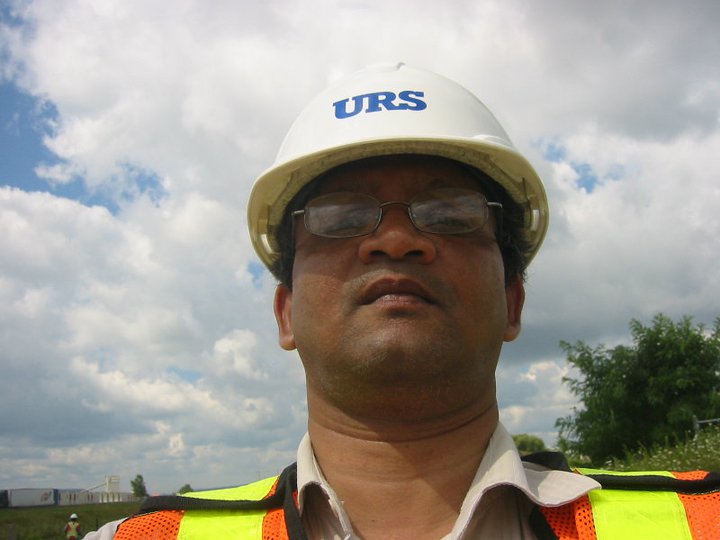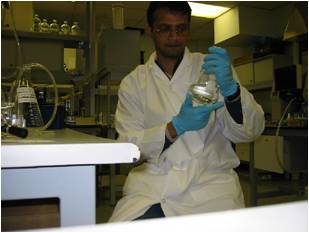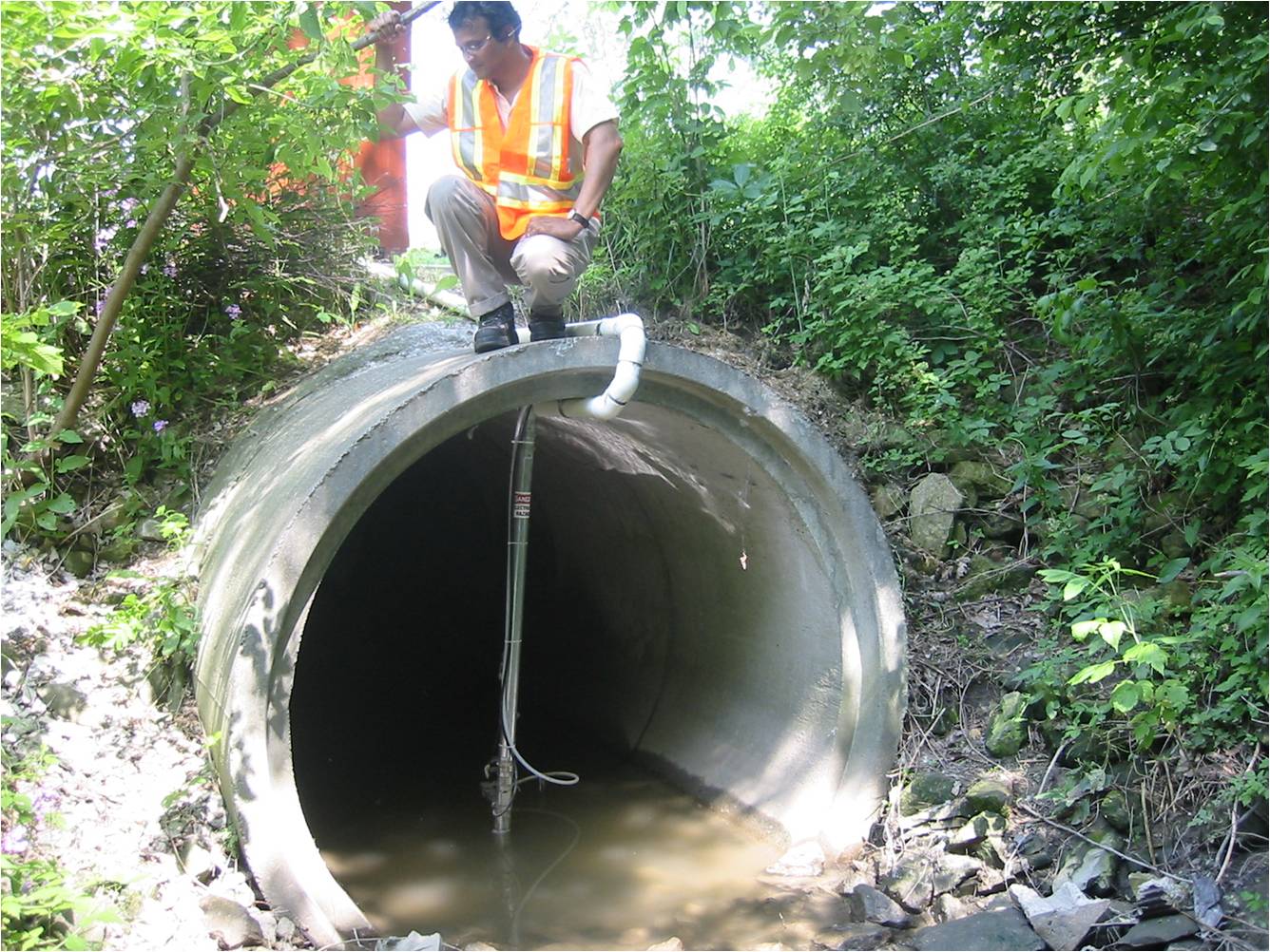

 Our
experts have conducted ERA and examined the relative risks and
expected environmental costs associated with the transportation of
oil.
Our
experts have conducted ERA and examined the relative risks and
expected environmental costs associated with the transportation of
oil.
The kinetics of chemical reactions is often expressed as a power
function of the concentration:
dC/dt=±kCn
where k is a rate constant [T-1C1-n] and n is
the reaction order. If n=o, the reaction is zeroth order; if n=1, it
is first order; if n=2, it is second order; and so on. Many
processes in risk assessment, not just chemical reactions, are
either inherently first order or they are approximated as being
first order. Physically, a first order process is one for which the
time rate of change of contaminant concentration (or mass) is
proportional to the concentration (or mass) present. Some chemical
reactions are rigorously first order. Other processes, such as the
removal of contaminants from plants and animals, leaching of
contaminants from buried wastes, degradation of organic contaminants
in the environment, settling of contaminants sorbed to particulate
matter, and so on, are typically approximated as being first order.

Our specialists conducted environmental baseline study and risk
assessment of several onshore facilities as part of oil production
operations in the Caspian Sea. Tasks included a desk top study (site
characterization, identify the groundwater monitoring criteria,
identify monitoring wells placement), drilling of a large number of
boreholes, soil sampling, water and air sampling, and installing
permanent ground water monitoring wells. The environmental baseline
project was valued at in excess of US $4M carried out on behalf of a
consortium of oil exploration companies for the development of three
offshore oil fields in the Caspian Sea, off the coast of Baku,
Azerbaijan. The project involved offshore data collection cruises,
environmental auditing and risk assessment of existing offshore and
coastal facilities, oil spill trajectory modeling, a review of
international environmental standards which apply to the offshore
Exploration Production Industry in the North Sea, Caspian Sea and
US, a shoreline oil spill sensitivity study and several onshore
contaminated land assessments.
We have also performed Phase 1 & 2 ESAs in the Greater Toronto area.
 A
Phase I Environmental Site Assessment (ESA) is a risk management
tool for lenders and potential purchasers of industrial, commercial,
and agricultural property. The goal of a Phase I ESA is to identify
Potential Environmental Concerns and Recognized Environmental
Conditions (REC) associated with the subject property. The Phase I
ESA process involves research into the historical land uses of the
subject and neighboring properties, research into local, provincial,
and federal regulatory environmental files and databases for the
subject property and a site reconnaissance of the subject and
neighboring properties. The results of a Phase I ESA may indicate
further assessment to determine if a regulated environmental
condition exists. Soil and groundwater sampling is conducted during
Phase II in order to determine actual site conditions. Each Phase II
ESA is designed to help our clients make informed decisions
regarding their involvement with property. If contamination is found
during the phased Site Assessment process, the project may proceed
to site characterization and remediation if necessary.
A
Phase I Environmental Site Assessment (ESA) is a risk management
tool for lenders and potential purchasers of industrial, commercial,
and agricultural property. The goal of a Phase I ESA is to identify
Potential Environmental Concerns and Recognized Environmental
Conditions (REC) associated with the subject property. The Phase I
ESA process involves research into the historical land uses of the
subject and neighboring properties, research into local, provincial,
and federal regulatory environmental files and databases for the
subject property and a site reconnaissance of the subject and
neighboring properties. The results of a Phase I ESA may indicate
further assessment to determine if a regulated environmental
condition exists. Soil and groundwater sampling is conducted during
Phase II in order to determine actual site conditions. Each Phase II
ESA is designed to help our clients make informed decisions
regarding their involvement with property. If contamination is found
during the phased Site Assessment process, the project may proceed
to site characterization and remediation if necessary.